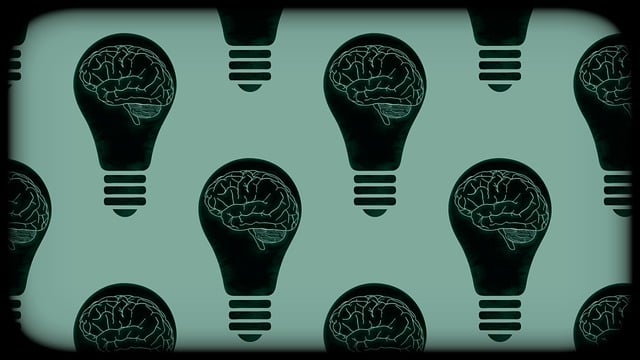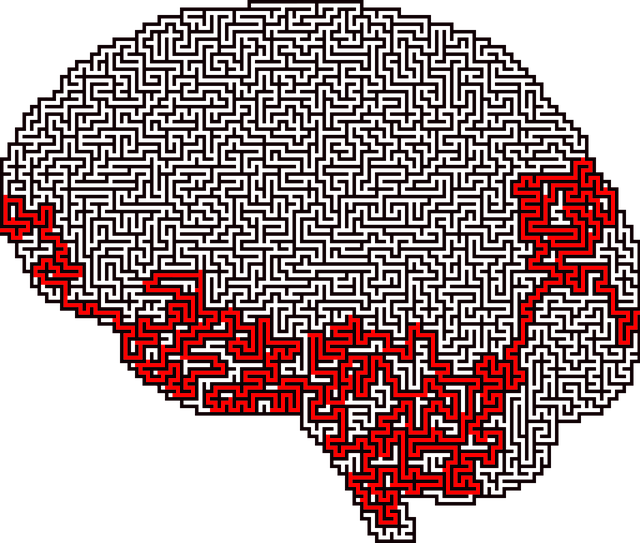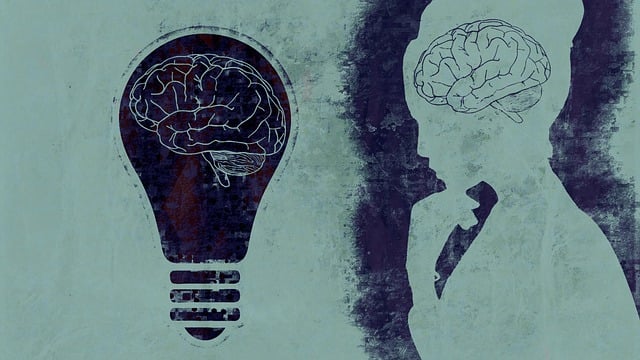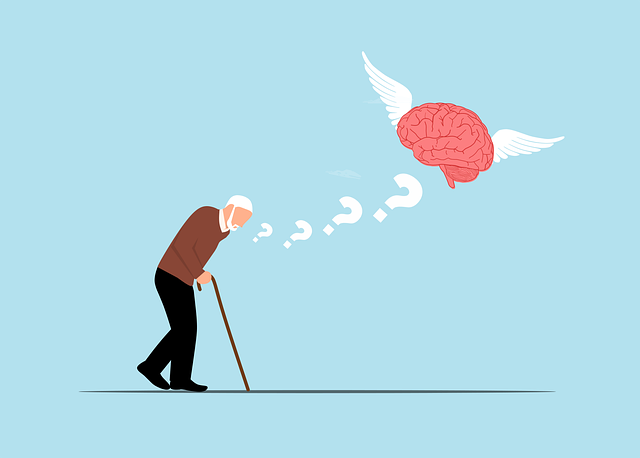The Resourceful Fulfillment Model (RFM) offers a transformative therapeutic approach for young adults, teaching resilience and well-being through specific exercises. Key to this is biofeedback, which helps individuals control bodily functions linked with emotions, enhancing mindfulness meditation practice. By managing physiological responses, young adults gain powerful tools for risk management and emotional resilience in daily life. For mental health professionals, incorporating biofeedback into practices prevents burnout and promotes self-regulation skills, contributing to overall well-being. Integrating RFM techniques provides a comprehensive toolset for improving mental health among young adults through increased self-awareness and long-lasting coping mechanisms.
Resilience is a vital asset for young adults navigating today’s challenges. This article explores how RFM (Resilience, Flexibility, and Mindfulness) exercises can empower this demographic. We delve into the science behind RFM and its profound impact on mental well-being, particularly through biofeedback techniques. Furthermore, practical exercises are presented to strengthen mental fortitude. Finally, we discuss integrating RFM into therapy for optimal youth mental health, highlighting the therapeutic benefits of combining these approaches with biofeedback techniques.
- Understanding RFM and Its Impact on Young Adults
- Biofeedback: A Powerful Tool for Resilience Building
- Practical Exercises to Enhance Mental Fortitude
- Integrating RFM into Therapy for Optimal Well-being
Understanding RFM and Its Impact on Young Adults

For young adults navigating the complexities of adulthood, emotional regulation is a crucial skill to master. Here’s where RFM (Resourceful Fulfillment Model) steps in as a transformative framework. This therapeutic approach recognizes that resilience and well-being are not static traits but rather developed through specific exercises and strategies. By focusing on these methods, young adults can enhance their ability to manage stress, overcome challenges, and cultivate a sense of calm amidst life’s uncertainties.
The integration of biofeedback within RFM therapy is particularly powerful. Biofeedback techniques teach individuals to monitor and control bodily functions, such as heart rate and muscle tension, which are often interconnected with emotional states. This form of self-awareness empowers young adults to practice mindfulness meditation more effectively. Mindfulness, a core component of emotional regulation, enables them to stay present, acknowledge their feelings without judgment, and gradually develop a deeper connection with their inner selves. As they learn to manage their physiological responses, young adults gain valuable tools for risk management planning, fostering resilience that extends beyond the therapy room and into their daily lives.
Biofeedback: A Powerful Tool for Resilience Building

Biofeedback represents a powerful tool within the realm of resilience building exercises, particularly relevant to the therapy for young adults. This non-invasive technique empowers individuals to gain conscious control over their physiological responses, fostering a deeper understanding of their bodies’ reactions to stress and challenging situations. By measuring and providing real-time feedback on bodily functions such as heart rate, muscle tension, and skin conductance, biofeedback allows users to learn to regulate these responses, thereby enhancing emotional resilience.
For mental health professionals, incorporating biofeedback into risk management planning can be a game-changer in preventing burnout. It promotes positive thinking and self-regulation skills, which are crucial for maintaining equilibrium amidst high-stress work environments. By teaching clients how to manage their physiological reactions, biofeedback becomes an effective strategy not only for resilience building but also for mitigating the risks associated with prolonged exposure to stressful situations, contributing to overall well-being.
Practical Exercises to Enhance Mental Fortitude

Building mental fortitude is an essential aspect of resilience, especially for young adults navigating life’s challenges. Practical exercises such as biofeedback and mindfulness meditation can significantly enhance one’s ability to cope with stress and anxiety. Biofeedback therapy, a form of self-care routine development, empowers individuals to gain control over their physiological responses. By learning to regulate heart rate, muscle tension, and breathing patterns, young adults can improve their mental health and prevent burnout, which is particularly relevant for healthcare providers.
These exercises are valuable tools in the design of mental health education programs, focusing on burnout prevention strategies. Incorporating biofeedback techniques into self-care routines allows individuals to develop a stronger connection with their bodies and minds, fostering a sense of calm and resilience. Such practices contribute to better overall well-being, enabling young adults to approach life’s hurdles with heightened mental fortitude.
Integrating RFM into Therapy for Optimal Well-being

Integrating RFM (Resilience, Flexibility, and Mindfulness) techniques into therapy offers a comprehensive approach to fostering well-being among young adults. This method leverages biofeedback tools to help individuals gain profound insights into their emotional responses, enhancing self-awareness—a cornerstone of mental health. By combining these practices with traditional therapeutic methods, practitioners can develop tailored interventions that not only address existing issues but also empower clients with long-lasting coping mechanisms.
The benefits extend beyond depression prevention and include confidence boosting and improved communication strategies. RFM exercises encourage individuals to cultivate a deeper understanding of their minds, fostering resilience in the face of stress and adversity. This holistic approach has proven effective in promoting emotional regulation, enabling young adults to navigate life’s challenges with greater equanimity and resilience.
Resilience is a vital asset for young adults navigating life’s challenges. By integrating Real-Time Feedback (RFM) and biofeedback techniques into therapy, professionals can empower individuals to build mental fortitude and enhance their overall well-being. These exercises provide practical tools to manage stress and emotions, fostering adaptability and a more positive outlook. For those seeking therapy for young adults, incorporating RFM and biofeedback can be a game-changer, offering effective strategies for personal growth and improved resilience in today’s demanding world.











